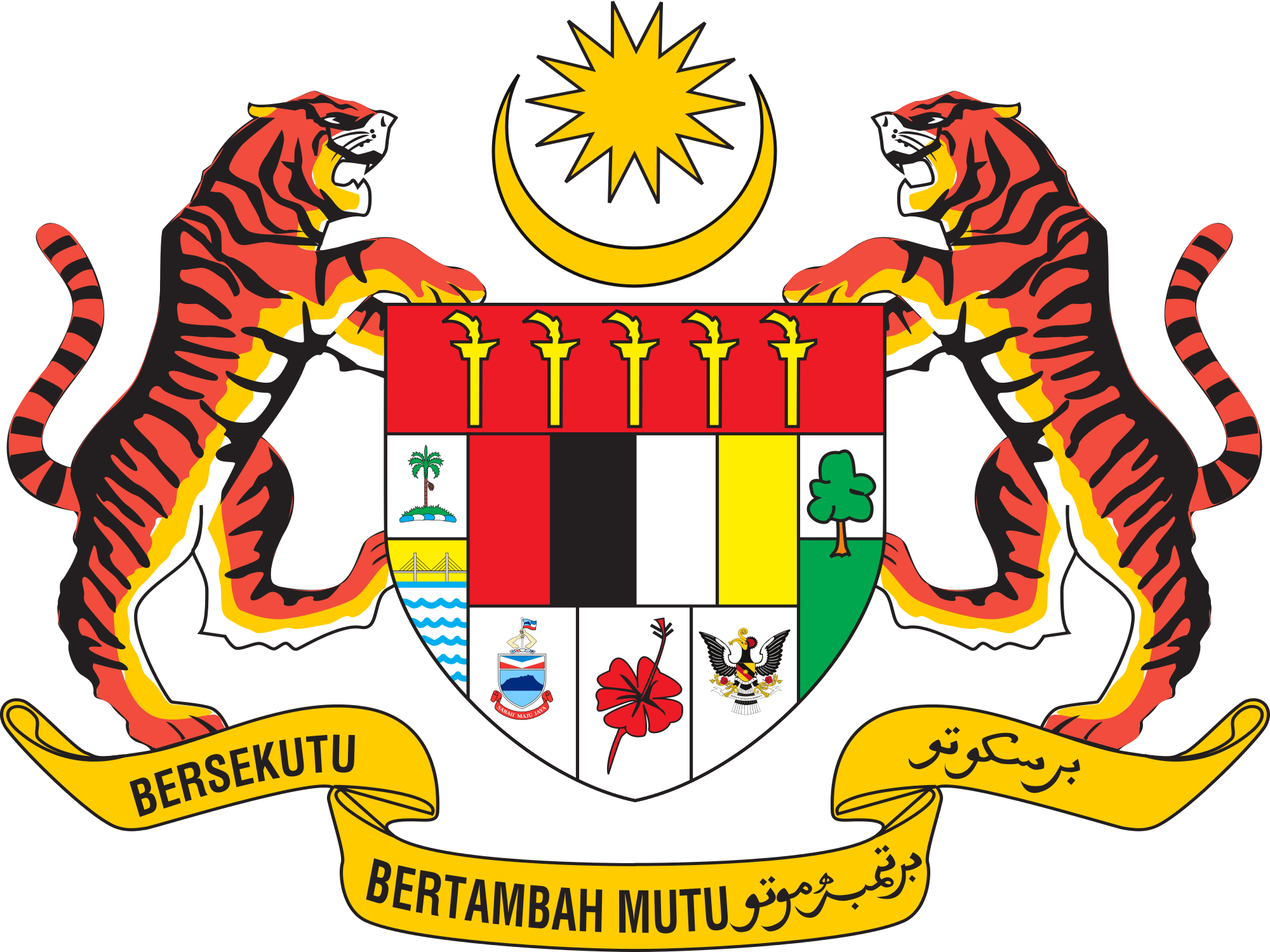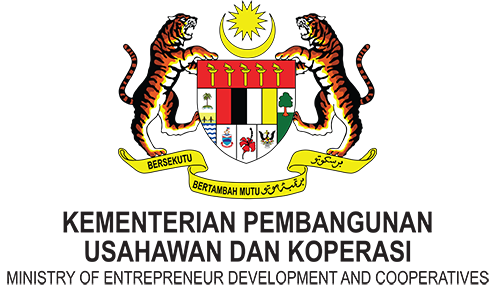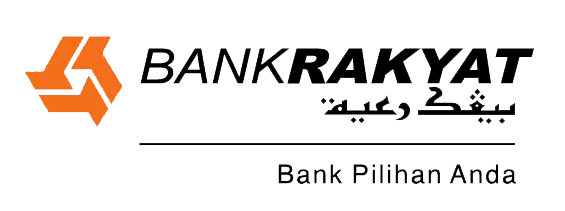ASEAN Inclusive Business (IB) Awards
For more information, kindly access the link below:
https://asean.org/wp-content/uploads/2021/09/6.-ASEAN-IB-Promotion-Guidelines-Endorsed-at-the-52nd-AEM.pdf
ASEAN IB Awards Recipients
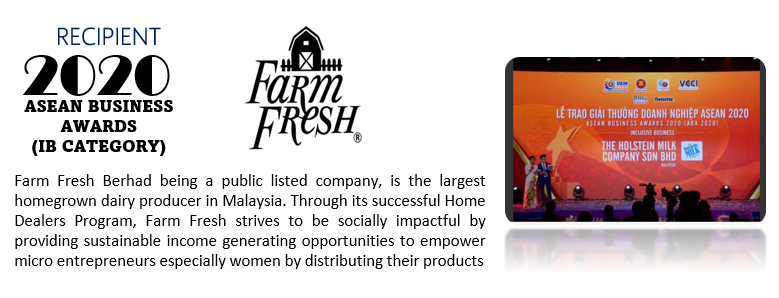
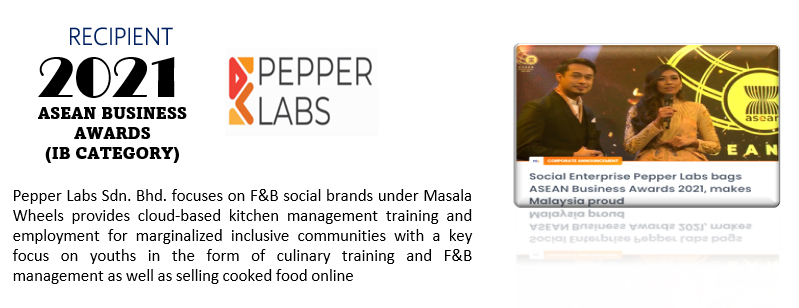
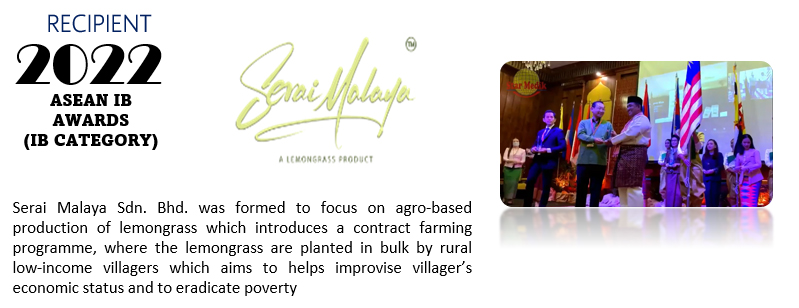

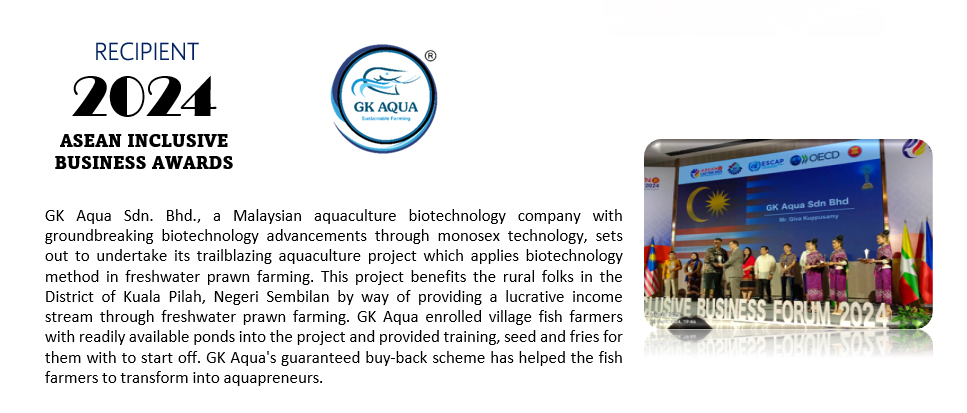
Association of Southeast Asian Nation (ASEAN)

At the 9th ASEAN Summit in 2003, the ASEAN Leaders resolved that an ASEAN Community shall be established. During the 12th ASEAN Summit in January 2007, the Leaders affirmed their strong commitment to accelerate the establishment of an ASEAN Community by 2015 and signed the Cebu Declaration on the Acceleration of the Establishment of an ASEAN Community by 2015.
ASEAN COMMUNITY

ASEAN ECONOMIC COMMUNITY
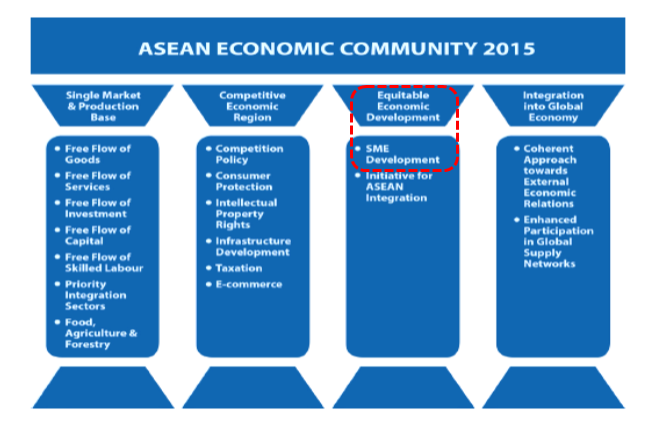
ASEAN Coordinating Committee on Micro, Small and Medium Enterprises (ACCMSME)
ACCMSME, or previously known as ASEAN SME Working Group (SMEWG), is the ASEAN body responsible for SME development and promotion in ASEAN. It is under the purview of ASEAN Economic Minister (AEM).
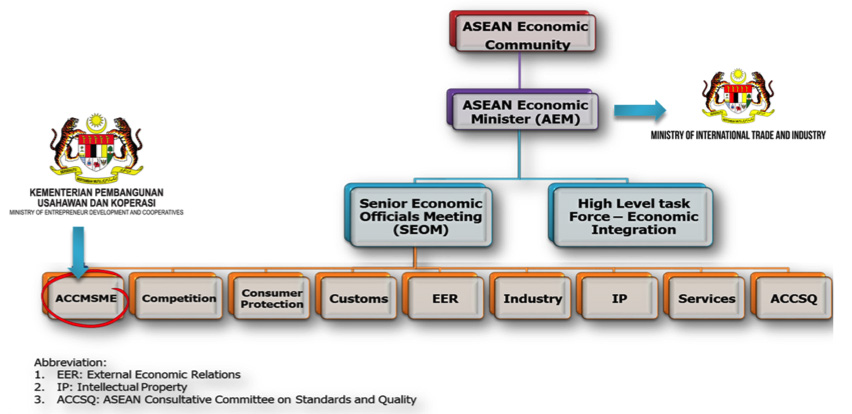
As a background, cooperation on Small and Medium Enterprise dated way back in 1995, when SME development becomes one of ASEAN's priorities. In this regard, ASEAN SME Agencies Working Group (known as SMEWG) was created to formulate policies, programs and activities for SME development. SMEWG serves as a forum for consultation and coordination to ensure that SME development continues to evolve in line with the ASEAN integration process and to support the establishment of the ASEAN Economic Community (AEC).
On 21 January 2016, the ASEAN SMEWG was upgraded to the ASEAN Coordinating Committee of Micro, Small and Medium Enterprises or ACCMSME to reflect the scope of work which includes micro enterprises as well as the need to extend committee membership including from other fields. The ACCMSME Meeting is held twice a year hosted in rotation among ASEAN countries.
 Among the functions of ACCMSME is as a platform to:
Among the functions of ACCMSME is as a platform to:- Formulate policies, programs and activities for the implementation of the ASEAN Strategic Action Plan for SME Development - SAP SMED 2025;
- Coordinate and discuss issues of cooperation on SMEs among ASEAN countries with dialogue partners such as Japan, Korea and China; as well as with development partners such as the United States Agency for International Development (USAID) through ASEAN Connectivity through Trade and Investment (ACTI), Organization for Economic Co-operation and Development (OECD) and Gesellschaft für Internationale Zusammenarbeit (GIZ), Germany; and
- Coordinate ASEAN participation in activities related to development of SMEs internationally such as Asia-Europe Meeting (ASEM), Asia Pacific Economic Cooperation (APEC) and others.
Stepping into the era of ASEAN Economic Community, at the regional level, programmes and initiatives on SME development will be guided by a plan developed by ACCMSME known as ASEAN Strategic Action Plan for SME Development 2016-2025 (SAPSMED 2025).
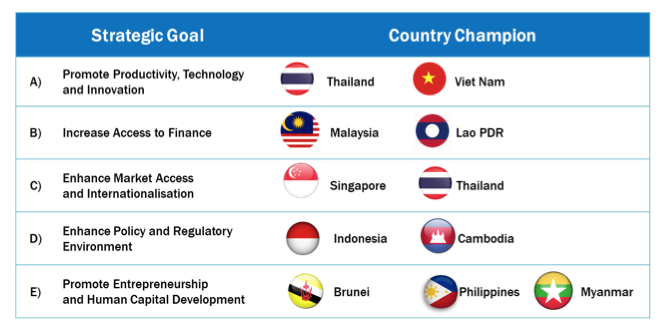 The ASEAN Strategic Action Plan on SME Development (SAPSMED) 2016 – 2025 can be downloaded at the following link:
The ASEAN Strategic Action Plan on SME Development (SAPSMED) 2016 – 2025 can be downloaded at the following link: https://asean.org/storage/2015/12/SAP-SMED-Final.pdf

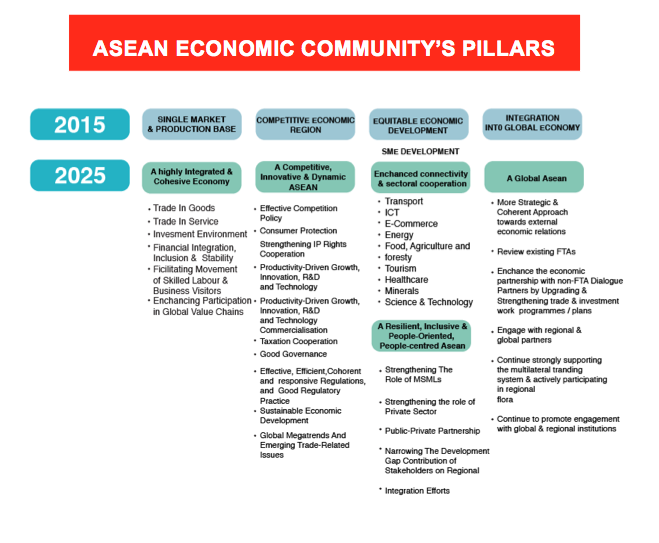
ASEAN SME DEVELOPMENT

| Initiatives under ASEAN for Entrepreneurs and SMEs: |
1. ASEAN SME Service Center

The ASEAN SME Service Center provides information and services on productivity, technology, innovation, market access, internationalization, finance, policy, human capital development etc.
Latest trends and activities related to SMEs in the ASEAN region can also be found in the website http://www.aseansme.org/home
2. ASEAN SME Online Academy
The ASEAN SME Academy is a one-stop, open-access gateway that provides business information and training resources to support ASEAN Small and Medium Enterprises (SME) development and internationalization. The Academy works to improve the business development services to SMEs through accessible courses and business information via computer, smart phones, and tablets.
The Academy provides courses and tools that cover subjects such as finance / accounting, management, marketing, operation, technology and trade/logistics. It also assists SMEs to find networking opportunities and gain access to region-specific information to further grow and upgrade their businesses.
For more information on the ASEAN SME Academy, please explore the website and infographic below: www.asean-sme-academy.org
3. ASEAN Trade Repository (ATR)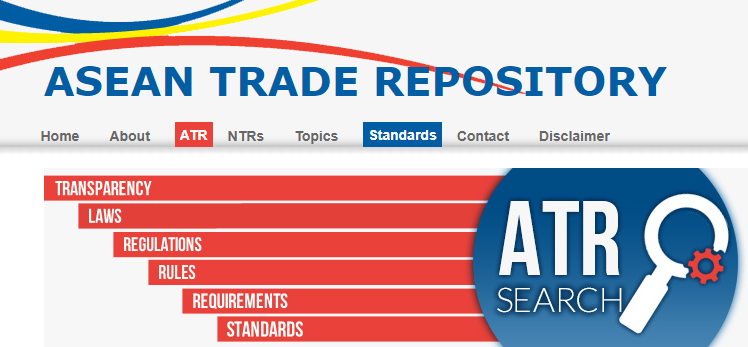
The ASEAN Trade Repository (ATR) provides a single point of access to all the trade-related information of ASEAN Member States. The ATR is an ASEAN-level IT interface linked by means of hyperlinks to a series of interoperable National Trade Repositories (NTRs) that provide and maintain the national-level trade related information and the actual contents.
The trade-related information accessible through the ATR is organized on the basis of nine ‘topics’ in line with Article 13 of the ASEAN Trade in Goods Agreement (ATIGA). All the actual information is available on NTRs of the ASEAN Member States and duly maintained by their respective Governments.
The information found on the ATR is accessible both by ‘topic’ and by ‘country’ (i.e., the ten ASEAN Member States). The nine ‘topics’ are the following:
- Tariff nomenclature;
- MFN tariffs, preferential tariffs offered under the ATIGA and other Agreements of ASEAN with its Dialogue Partners;
- Rules of origin;
- Non-tariff measures;
- National trade and customs laws and rules;
- Procedures and documentary requirements;
- Administrative rulings;
- Best practices in trade facilitation; and
- List of authorised economic operators.
The structure of the ATR allows, for each topic, to retrieve the trade-related information sought in each ASEAN Member State.
The ATR also includes a link to the webpage of the ASEAN Consultation to Solve Trade and Investment Issues. www.atr.asean.org
4. ASSIST-The ASEAN Solutions for Investments, Services and Trade
The ASSIST mechanism was established to implement the ASEAN Consultations to Solve Trade and Investment Issues (ACT) mandated under the ASEAN Trade in Goods Agreement (ATIGA) and it is loosely based on the European Union’s SOLVIT system.
What types of issues does ASSIST deal with?
- Various tariff and non-tariff-related measures affecting goods;
- Issues in the area of cross-border services; and
- Measures limiting investment in various sectors of ASEAN integration.
ASSIST does not deal with any of these issues:
- Employee/employer disputes or discrimination claims;
- Matters that are being or have been litigated/arbitrated in national jurisdictions;
- Complaints against individuals or companies;
- Matters not related to intra-ASEAN trade, services or investment;
- Visa and residence rights; and
- Cross-border movement of capital or payments.
https://assist.asean.org/en/home
ASEAN Strategic Action Plan for SME Development 2016-2025
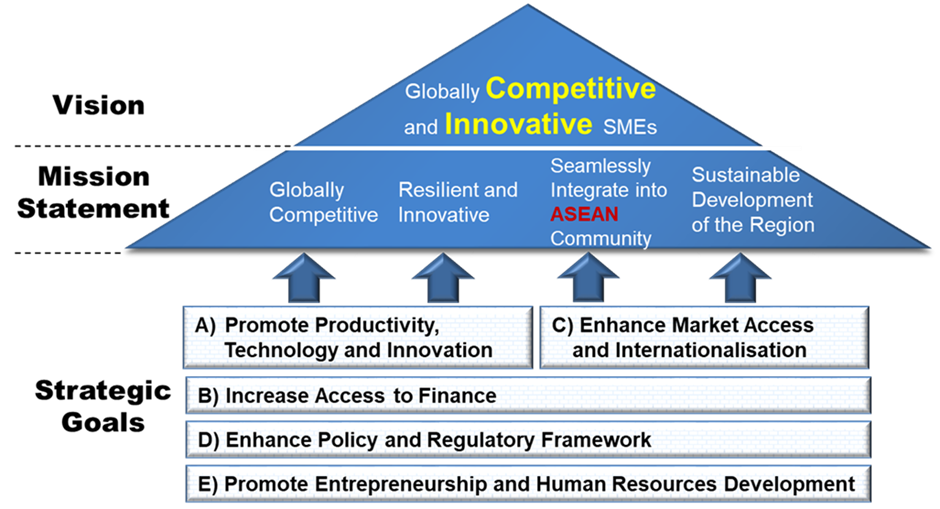
The plan involves holistic approach towards SME development in the region to effectively contribute towards narrowing the development gaps, especially from economic perspective for better integration. ASEAN SME Working Group (ASEAN SMEWG) have collaborated with the Economic Research Institute for ASEAN and East Asia (ERIA) to produce the SME Policy Index for ASEAN. As a result, several gaps were identified relating to the SME development ecosystem among AMS, especially between the ASEAN-6 and CLMV countries (Cambodia, Laos, Myanmar and Vietnam).
In addressing the gap, the SAP SMED 2025 aims to enhance the resilience of ASEAN SMEs in an increasingly competitive economic environment and support their growth and development through the vision of a “Globally Competitive and Innovative SMEs”. This plan will be the game changer for SME Development in the ASEAN region for the next 10 years. The SAP SMED 2025 will promote the development of entrepreneurs and SMEs facilitating their integration into the regional and global value chain.
ACCMSMS Publications
- Formalisation of Micro Enterprises in ASEAN
https://asean.org/storage/2012/05/Formalisation-of-Micro-Enterprises-in-ASEAN-POLICY-INSIGHT-2020-final-3.pdf - The Role of Competition Policy in Strengthening the Business Environment for MSMEs in the ASEAN Region
https://www.unescap.org/sites/default/d8files/event-documents/Competition%20Policy%20and%20Strengthening%20MSMEs%20in%20ASEAN.pdf
- Enterprise Policy Responses to COVID-19 in ASEAN Measures to boost MSME resilience
https://asean.org/storage/2012/05/Policy-Insight-Enterprise-Policy-Responses-to-COVID-19-in-ASEAN-June-2020.pdf - ASEAN Gender Outlook: Achieving the SDGs for all and leaving no woman or girl behind
https://investinginwomen.asia/knowledge/asean-gender-outlook-2021/ - Alternative Financing Instruments for ASEAN SMEs
https://asean.org/storage/2012/05/Alternative-Financing-Instruments-for-ASEAN-SMEs.pdf













